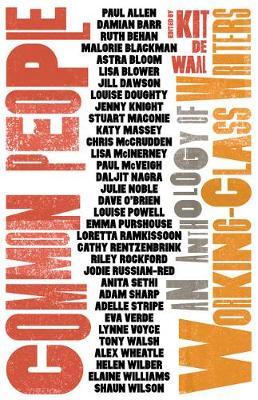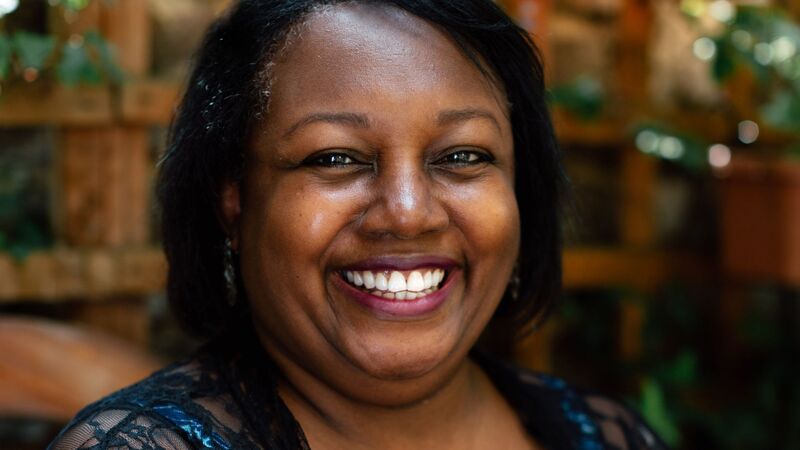You are viewing your 1 free article this month. Login to read more articles.
Four questions for... Kit de Waal
01 What prompted you to launch Common People?
Common People came about because I wanted to do something that shone a light on the massively untapped talent and potential of working-class writers. The barriers to publication are not necessarily about writers not reaching some particular standard. They are much more likely to be about a lack of time; lack of networking; and lack of knowledge about, and contacts in, the industry, which unfortunately still matters a great deal. I wanted to showcase some of that talent, offering 17 unpublished authors publication alongside established names, giving them a leg up, a shop window and, hopefully, a start in their literary career.
 02 What do you hope to achieve?
02 What do you hope to achieve?
Firstly, to give a voice to working-class writers who are not heard often enough, not read often enough and not given the same opportunities as so many others. Secondly, I wanted to dispel the myth about who is working class and what sort of lives we lead; to show that we aren’t all living ‘up North’, or in tower blocks or on benefits but that our working-class lives are rich and diverse.
03 Do you think the bigger publishers have woken up to the problem of representation in their businesses?
I do think that the bigger publishers have woken up to this particular strand of inclusion. We’ve had years of focus on other areas of diversity, and they must remain on the agenda, but it’s time to recognise class as a real area of unfairness, disadvantage and stereotyping. I don’t think any of the big publishers would disagree with this, although they might be unaware of how deep it goes, how it affects working-class writers and working-class workers in the industry and, most importantly, how seriously we must take classism.
04 What can publishers do to ensure working-class voices are better represented?
There is no doubt in my mind that there is a need for big publishers to get outside London. Most of the country lives beyond the M25, most of the readers in this country live beyond the M25, and I’m fairly sure a good percentage of published writers live outside London. It would send such a strong message to the rest of the country if one of the big publishers opened an office in Birmingham, Manchester, Liverpool, Bristol, Newcastle, anywhere. But that’s just one step. The industry needs to start with recruitment and outreach to working-class communities, ensuring that the working environment is welcoming and non-discriminatory. It’s great to see so many initiatives to tackle these issues, but it needs to be sustained, top-down, inside-out and bone-deep. The big publishers would do well to look at the small independent presses, who are publishing award-winning books from working-class and overlooked writers, [who] they find and nurture and bring to publication on a shoestring.
Common People: An Anthology of Working Class Writers (Unbound), edited by Kit de Waal, is published on 1st May as a £9.99 paperback.
















